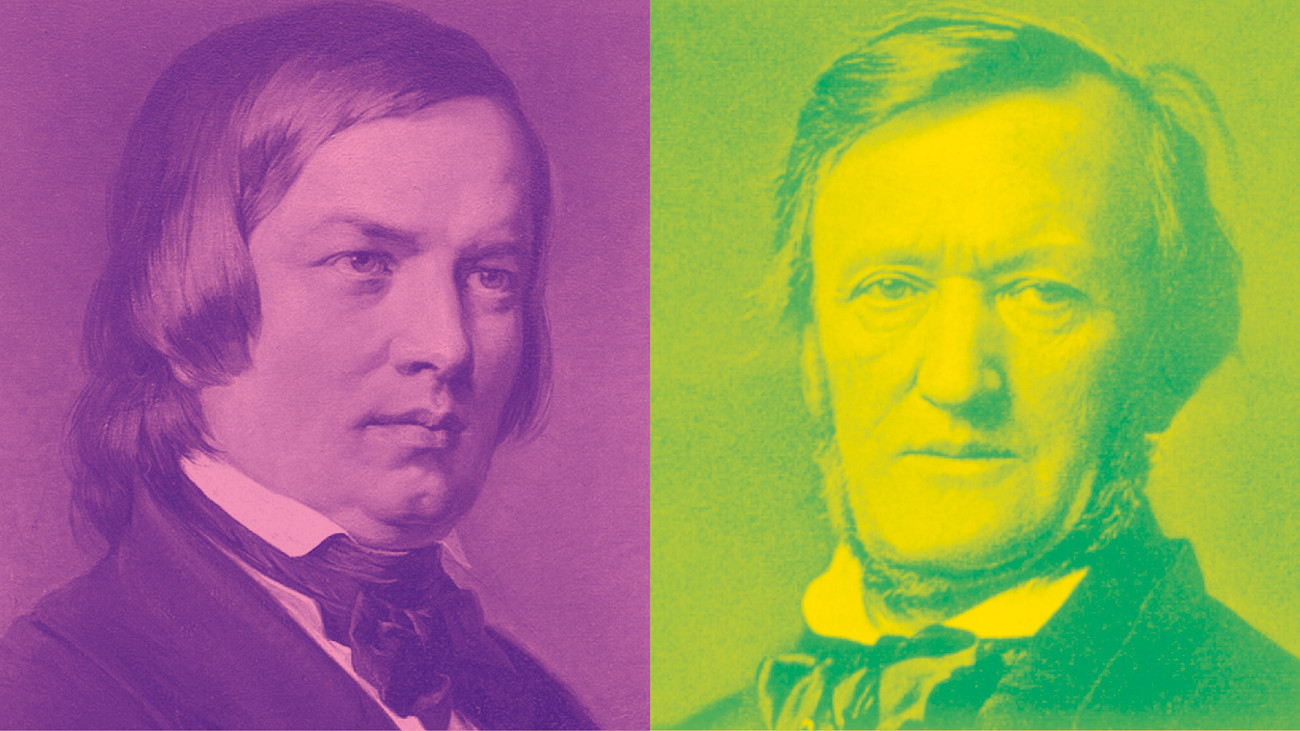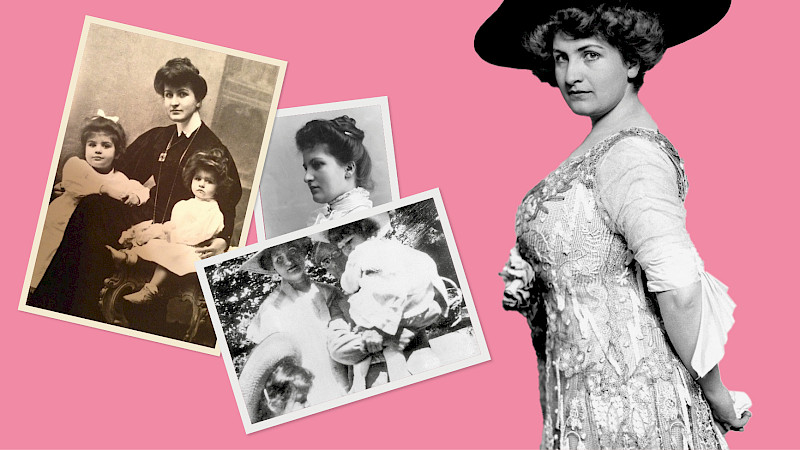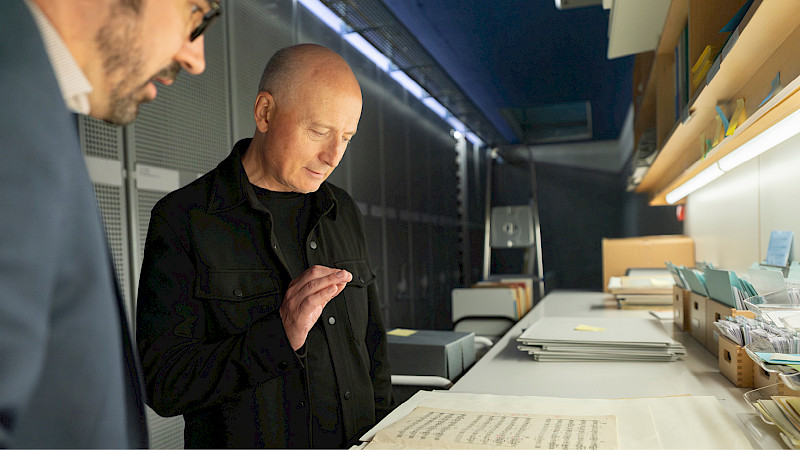
Schumann meets Wagner
They knew each other. They appreciated each other. But they still didn't understand each other.
Richard Wagner was certainly a witty man, Robert Schumann found, "but he talks in one go". Wagner had the opposite problem with Schumann: "He doesn't talk at all", he complained. This is how the critic Eduard Hanslick reported it, quite credibly. Other contemporaries also noted that Schumann was a great taciturn person and that Wagner liked to talk a lot, especially about himself.
One would have liked to have been there when the two crossed paths. They often did: in Leipzig, in his twenties, Wagner wrote several articles for Schumann's "Neue Zeitschrift für Musik". They later met again in Dresden, where they both lived from 1844 to 1849. This allowed them to observe at close quarters how differently their styles developed. Schumann had "no melodies", was Wagner's judgement; Wagner lacked a "sense of form and melodiousness", he replied. Which does not mean that they did not respect each other: Wagner's main criticism was that Schumann misused his "capable nature"; and Schumann found in Wagner performances that "mysterious magic" that he missed in the scores. "Outwardly, we are on good terms": with this formulation, Wagner struck exactly the right balance between recognition and incomprehension that characterised their relationship; Schumann would probably have nodded at his diagnosis. Now they are meeting again in Zurich to discuss their works. And they will neither talk too much nor remain silent too much – but say what they have to say in very different tones.
Translated with DeepL.com





